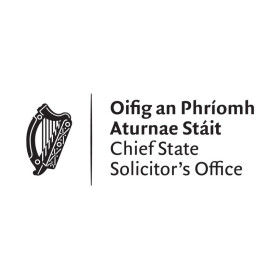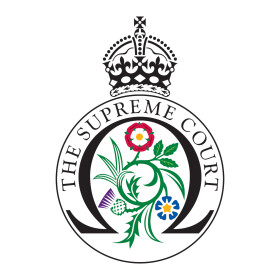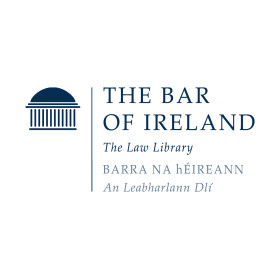Deborah Kelly and Jack Lehane from the corporate team at Eugene F Collins look at virtual AGMs and the impact of COVID-19 on company constitutions. COVID-19 continues to impact on how businesses are staying connected. This is particularly relevant for the requirement to hold virtual annual general m
Opinion
Benjamin Bestgen considers the pitfalls of statistics in his latest jurisprudential primer. See last week's here. Being falsely convicted for murdering one's children is likely amongst the worst experiences any person can have. In 1998, solicitor Sally Clark was convicted of the murders of her two b
Eric Brouwer, trainee solicitor at LK Shields LLP, comments on the state of the Irish crypto market. Operating in the Irish crypto market remains a challenge. Unlike in other jurisdictions where regulatory clarity has been provided, in Ireland, crypto businesses continue to operate in a grey area.
The Bar Council of Ireland's response to the long-awaited review of protections for vulnerable witnesses in the investigation and prosecution of sexual offences is reproduced in full below. We welcome the publication this morning of the Report on the Review of Protections for Vulnerable Witness
Flor McCarthy, managing partner at McCarthy + Co Solicitors, explains that statements of truth have been introduced but will not yet be immediately available for use in personal injury and medical negligence claims. Back in May we started a campaign to replace affidavits sworn on oath with a more mo
In his latest jurisprudential primer, the third on neurolaw, Benjamin Bestgen details more technologies on the horizon which the law will have to get to grips with, including 'brainhacking' and 'memory engineering'. In the “Morty’s Mindblowers” episode of the cartoon seri
Dr Sarah Fulham-McQuillan, assistant professor at UCD Sutherland School of Law, considers the legal basis for mandatory COVID-19 vaccinations. Promising results from COVID-19 vaccine trials emerged last month, while concern grows about the non-attendance by close contacts of coronavirus patients for
Benjamin Bestgen considers 'mind-reading' technology and the law in his latest jurisprudential primer. Read the last one here. Imagine your annual review comes up and your supervisor presents you with a chart, depicting data collected by a little electroencephalogram (EEG) device built into the head
In the first of his 'neurolaw' articles, Benjamin Bestgen looks at how the law might accommodate advances in cognitive technology. See his last jurisprudential primer here. Humans are capable of fascinating feats of observation, empathy and intuition but we cannot read other people’s tho
Leo Moore, partner at William Fry, examines a recent High Court decision and the potential implications for IP rights in sport. A live blocking injunction involves Internet Service Providers (ISPs) identifying and blocking illegal streams for the period of a Premier League football match. The list o
Ailbhe Dennehy, partner at William Fry, considers a significant High Court ruling concerning an employee dismissed during probation. Traditionally, dismissals during probation have been considered relatively low risk by employers since the Workplace Relations Commission (WRC) requires employees to h
Benjamin Bestgen discusses the death penalty in this week's jurisprudential primer. See his last one here. A few weeks ago an acquaintance (let’s call her Lea) witnessed an incident where teenagers had assaulted elderly people by deliberately coughing and spitting on them and yelling “CO
Ronan Daly Jermyn partner Darryl Broderick and trainee solicitor Therese Collins review a significant reduction in an award made by a jury to a plaintiff in High Court defamation proceedings where an “offer of amends” had been made. The Court of Appeal recently significantly reduced
Employment law solicitor Richard Grogan of Richard Grogan & Associates examines a recent case concerning collective redundancies. With COVID-19 and its effects, there are going to be situations where contracts of employment are changed. This may be the way employees work or a reduction in salary
Donald Trump sank to new depths last week, if that is possible, with the pardoning of his long-time pal and master of the black arts Roger Stone. It is an act which has nauseated even some leading members of the Republican Party. In its editorial on Saturday, which we reprint below, The Washington P





















